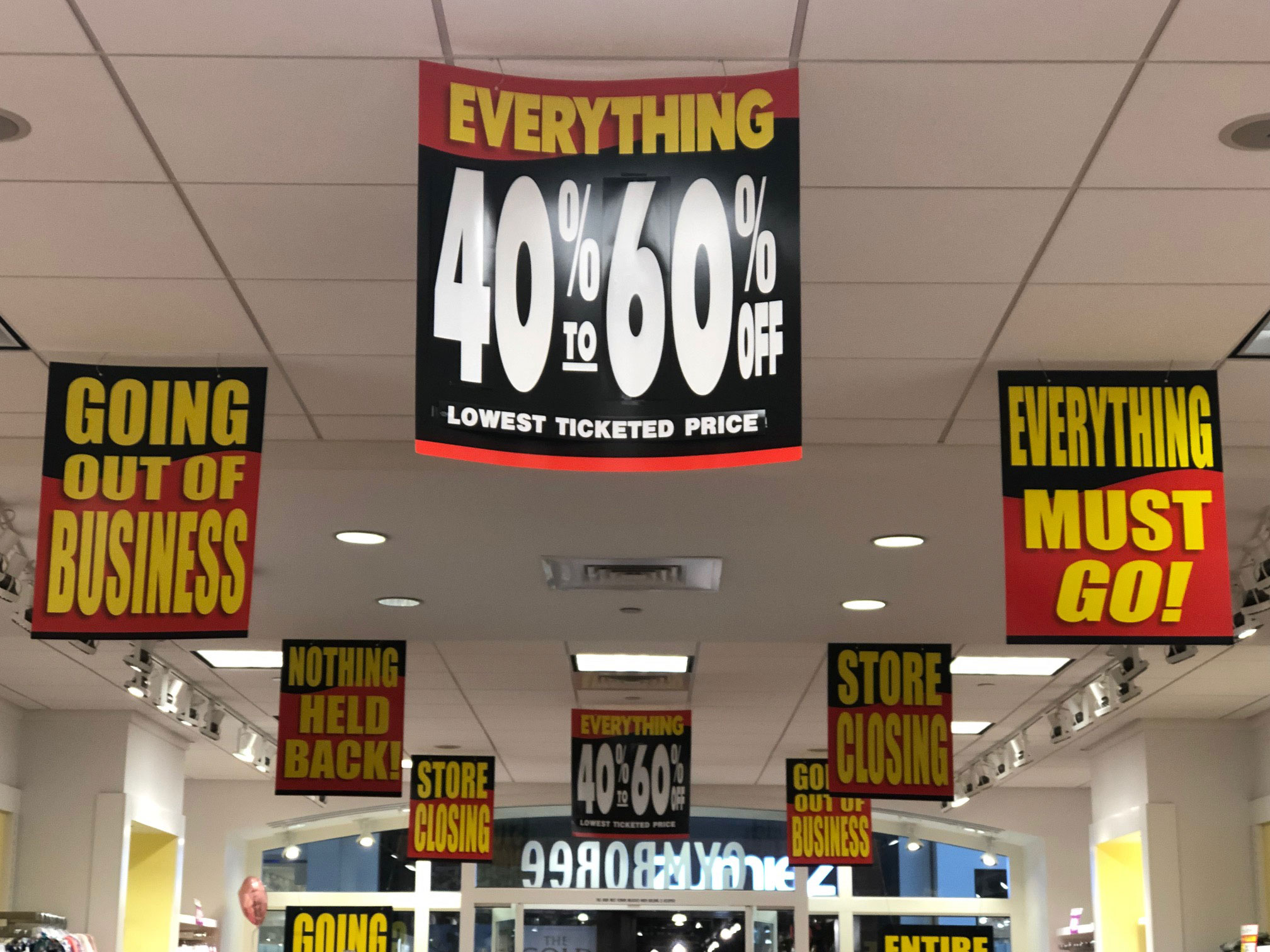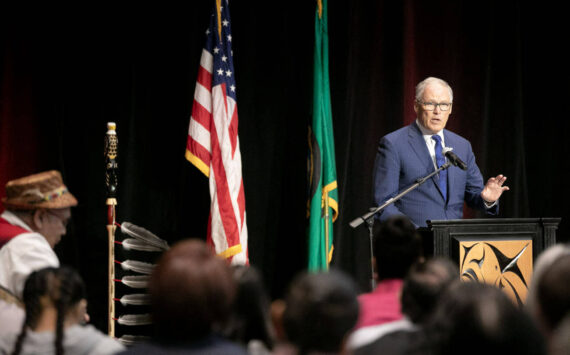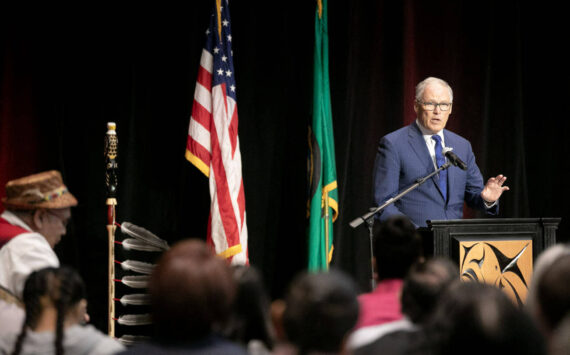By Morf Morford
Tacoma Daily Index
I’ve never been a huge fan of shopping malls, but I always thought they were the ultimate example of “Too big to fail”.
With the multiplicity of choices and a few big name “anchor” stores, how could they not succeed?
It turns out that, love them or hate them, malls are not forever.
Retailers large and small are in trouble.
Like climate change, the shifts have been accumulating with few of us noticing, and then, quite suddenly, those “Going out of business” signs seem to be everywhere.
It is not your (or my) imagination.


More store closings have been announced so far in 2019 than in all of 2018.
Gymboree, Kohl’s, Macy’s and J. Crew are only a few of the mainline stores announcing upcoming closures, and Family Dollar also among these, announcing the closing of more stores in March. Victoria’s Secret, JCPenney, and Gap have also announced plans to shutter dozens of locations.
Bed Bath & Beyond plans to close at least 40 stores in 2019, and possibly more.
Payless plans to close all of its 2,500 stores in what could be the largest retail liquidation in history.
More than 6,000 stores in all. https://www.businessinsider.com/stores-closing-in-2019-list-2019-3?
But that’s not all – even that juggernaut of discount retail, Walmart, is cutting back and closing at least 12 stores across America – https://www.businessinsider.com/walmart-stores-closing-list-2019-3.
So what’s going on here?
As always there are easy explanations and the usual suspects, but there is more to the story.
Almost every good-sized brick and mortar store that I have been to lately seems to have the same problems; few customers, and even fewer working staff.
I’ve been to large stores where, during standard business hours, I have seen not a single person – even in the distance and around corners.
I’m sure there were security cameras, but not a single “associate” in sight.
Store manager after store manager has told me that sales are steady, but are shifting more and more online.
Some stores with a large (or historic) mall presence have sub-let their massive mall spaces to complementary stores or others retailers of the same owner.
But the proverbial bottom-line is the same: fewer and fewer retailers are scrambling for fewer and fewer customer dollars.
As in politics, there is a major demographic shift, more like an earthquake, at work here.
Millennials, you know, that generation attached-to-the-hip with their tech devices, find old-school shopping tedious and time consuming, and are not big fans of malls or mainstream retail in general.
They have their preferred items or brands and cruise the websites for deals and specials like a master hunter in search of the ever elusive quarry.
And they are relentless, my contacts among the millennials tell me that some (many) stores that don’t cater to them or move quickly enough into their digital sphere deserve to die.
And die they probably will.
But a whole retail tradition with them. For several generations, retail was a young person’s first job. That will probably never happen again, never again will we see a near universal first job experience.
And what of our tradition of “retail therapy”? Scouring websites might be enjoyable, and maybe even “efficient” but what can ever match shopping with friends – especially around special events (like weddings or birthdays) and holidays.


As I mentioned at the beginning, I’ve never been a big fan of malls, but I’m sure I’ll miss them when they are gone forever.
Most millennials I know won’t miss them either, but they are also not that excited about their replacement. Amazon is seen by many as an alluring, all-consuming menace. Amazon, and the internet in general, is largely seen as intrusive and invasive.
So-called “smart” devices imagine that they know what we want, but they are no substitute for a knowledgable human being and our own experience of seeing – or touching – or even trying on – the object we are considering purchasing.
And then again, this might be built into the dog-eat-dog model of capitalism that we all take for our normal.
What is more natural after all, than a technology or development making any previous incarnations obsolete?
A business is successful to the extent that it provides a product or service that contributes to happiness in all of its forms. – Mihaly Csikszentmihalyi
The historic “business” game “Monopoly” has, for better or worse, become our model for business success. The goal, in fact the very definition of success, is, according to the game, to drive any and all competitors out of business.
In other words, economic depletion is the goal.
Workers, the environment, creativity, integrity and privacy are sacrificed in the name of unstoppable economic primacy.
Even those who win won’t win for long.
An economic model worth following is one that leaves us all better off – workers, investors, customers and even competitors.
It turns out that “Going out of business” signs are bad news for all of us.
* Updated 4/30/2019 at 12:45 p.m.








